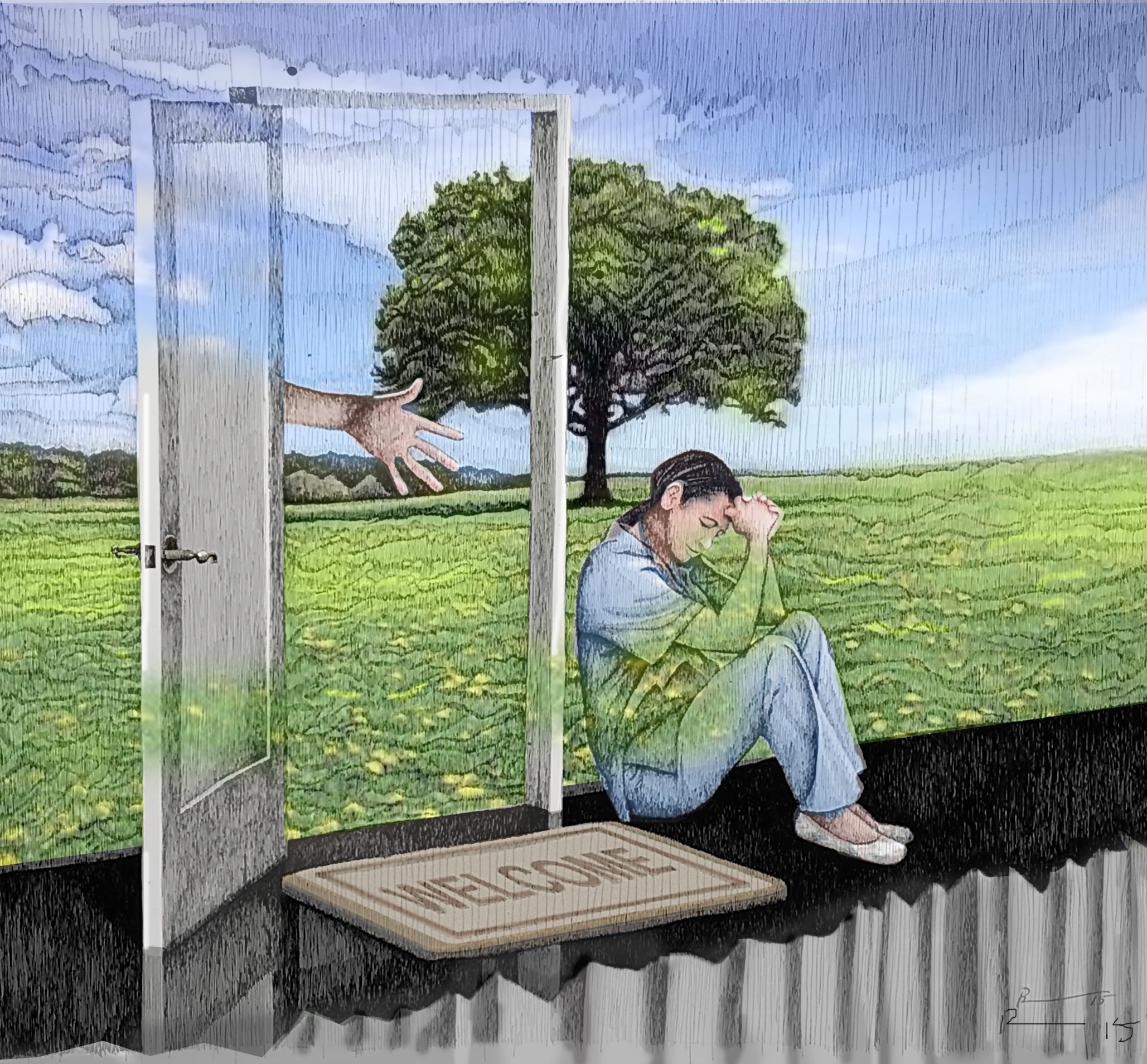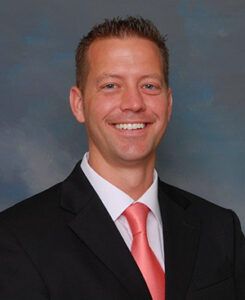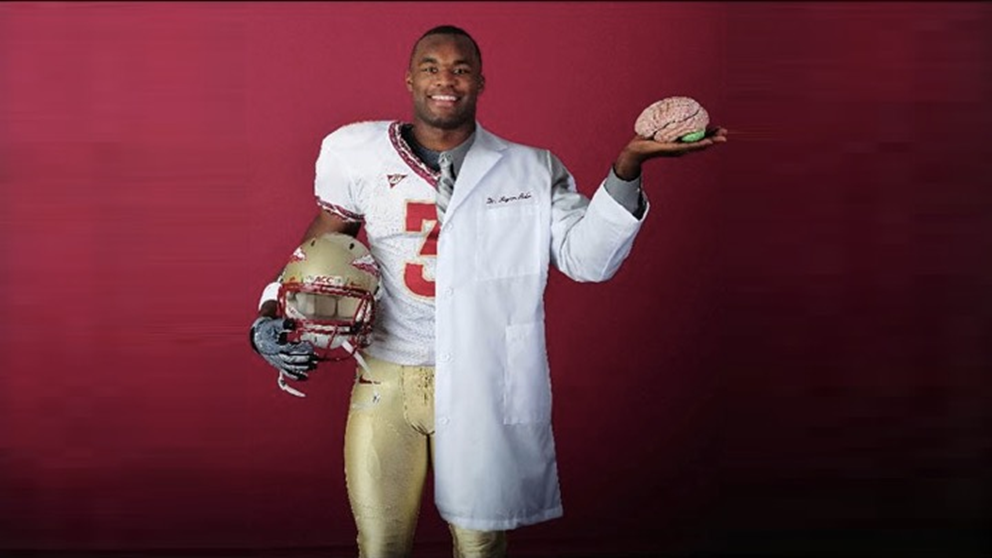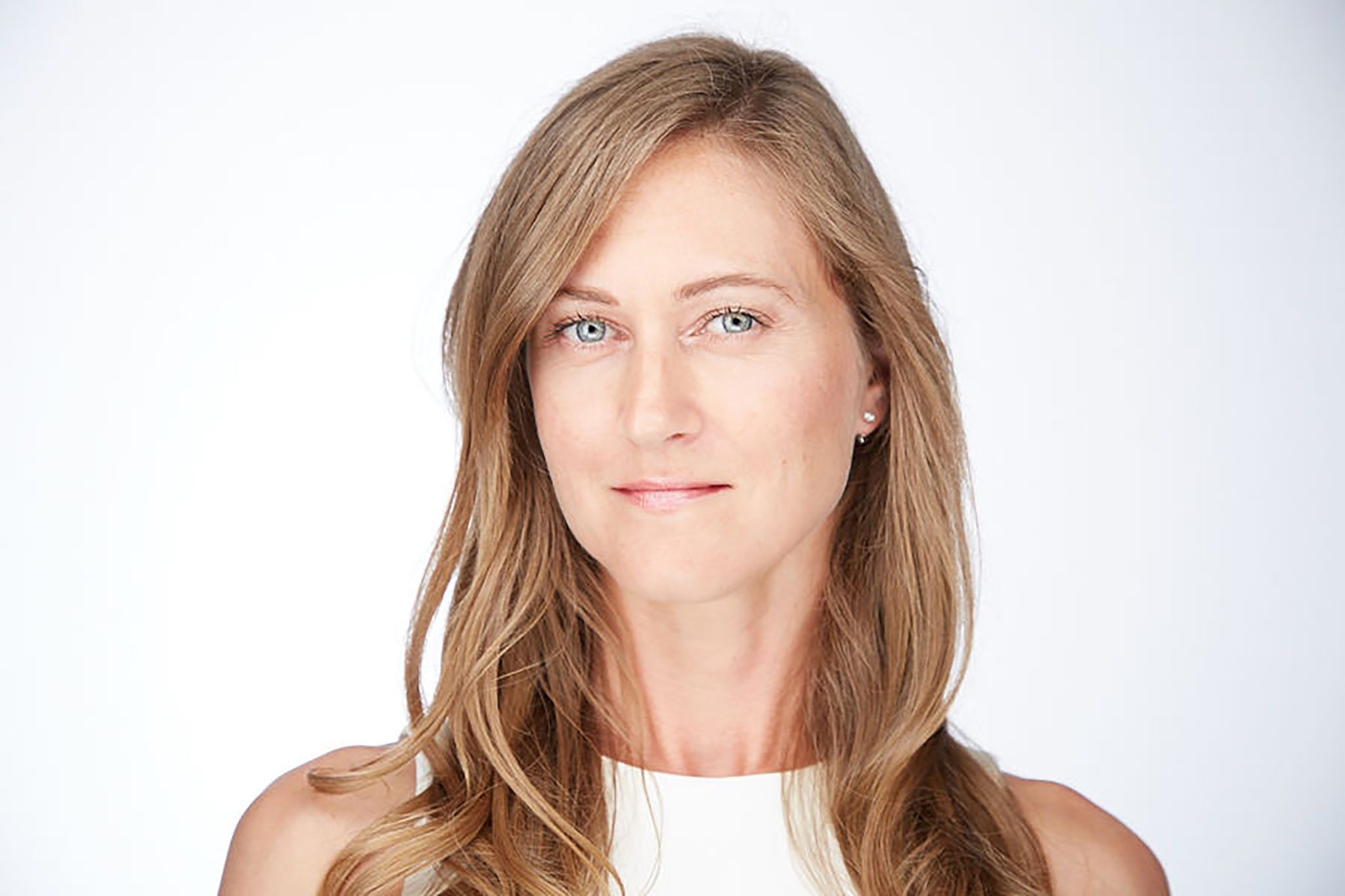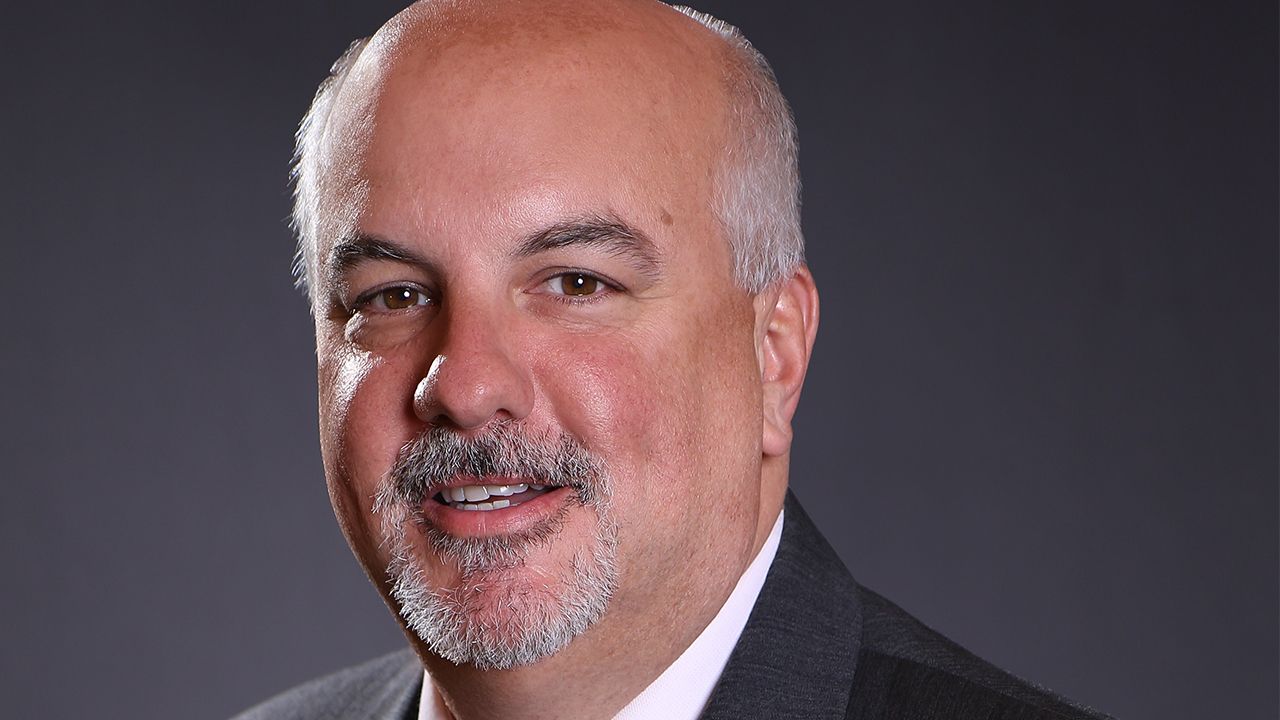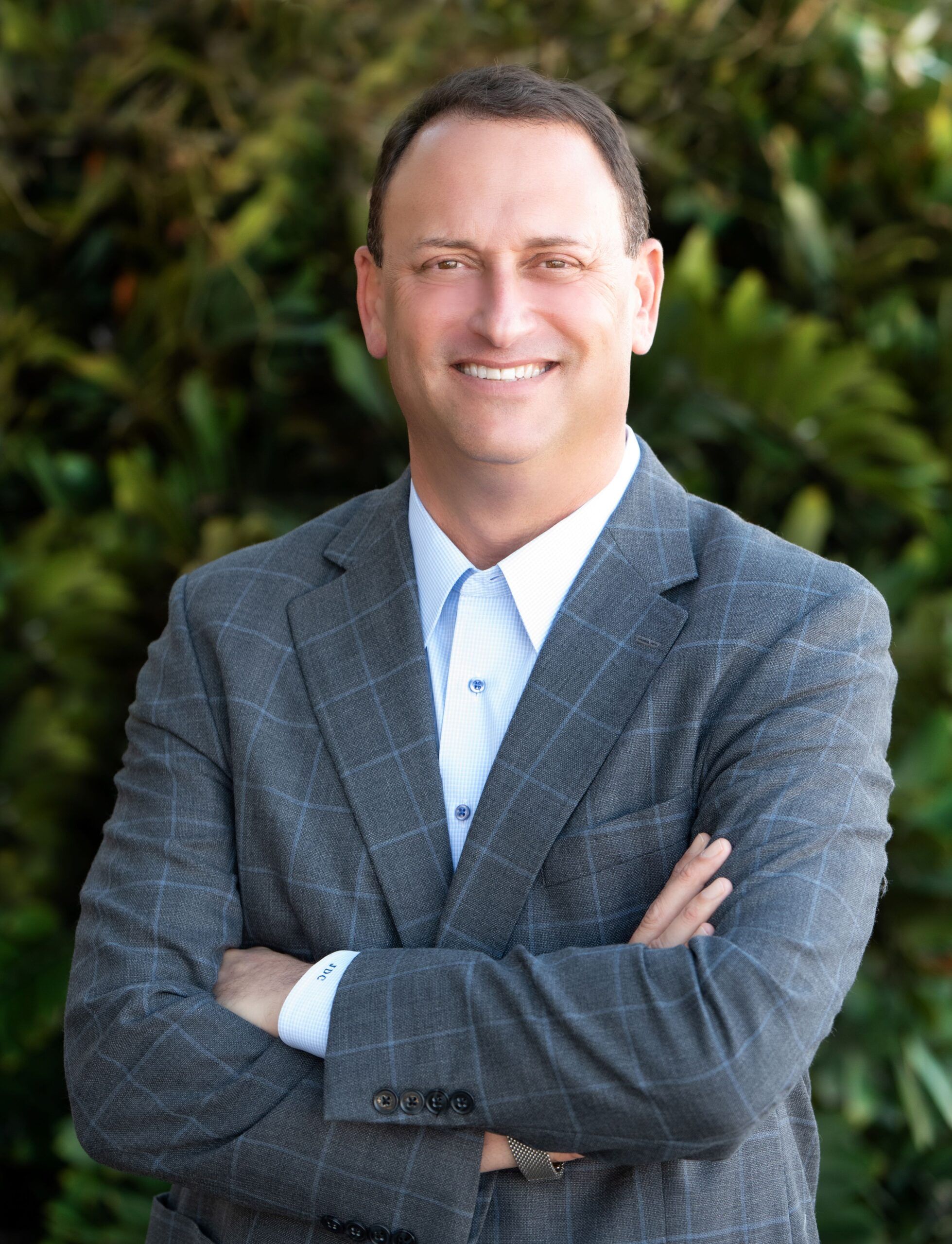It’s a bit of irony. The very character traits that illicit the drive, ambition and creativity of entrepreneurs and people in leadership positions, are often the same traits that contribute to mental health issues and burnout.
There’s been a shift in recent years with how we view mental health and how we talk about it. May is mental health awareness month, and there are books and podcasts that delve into the topic, with content from health care professionals. There is coaching available to business leaders on how to foster a workplace with the mental health of its employees in mind. In fact, there’s an entire industry centered around the “business” of mental health.
Yet, are any of us getting better? What’s the missing link between discovery and treatment of mental health illnesses? And how does the navigation of that affect those in positions of leadership? Is anyone checking on their mental health? Does a leader’s mental health trickle down and affect their employees?
When Tampa Bay Business and Wealth visits individuals for their cover story interviews, the conversation varies from person to person. It’s an interview, yes, but it’s also a conversation where the TBBW team learns more about the individual. Often, it gets really personal. And not all of those bits of conversation make it into the story. Maybe it doesn’t fit, or, the individual says the words we respect with no questions asked, “Please don’t publish this.”
In the past year, the number of people who have opened up about navigating through some mental health struggles, seems to have increased.
I’ll go on record right here and raise my hand, because yes, I have also struggled. Anxiety, depression, stress, lack of sleep, all of it. Bet you have checked one of those boxes too.
For entrepreneurs and C-level business executives, it’s more common than you might think. It’s lonely at the top, yes, it’s also lonely at the bottom. Probably in the middle, too.
You see it’s lonely everywhere. Me, you, your boss, your assistant, the person who makes your espresso at the local coffee shop…it’s a lot of us. A LOT.
How is it that something that feels so isolating is also so common among us?
While we all like to say we don’t judge others, we feel others judging us…because they do. And, so do we, if we’re honest with ourselves. And when your job and your reputation are on the line, it’s no wonder people would rather suffer in silence rather than draw the spotlight to themselves.
Natasha Pierre is an award-winning speaker, a mental health educator and advocate, in addition to being chief executive officer of The Set Mind Consulting, and a certified emotional intelligence coach. She says, those “judgey” ways, whether we realize we’re doing it or not, are a major barrier to addressing mental health, especially in the workplace.
“The reason why people aren’t transparent is because people are judging us. There is judgment from family, from friends, from coworkers that you’re not working hard or you’re not trying, you’re not pushing through, you’re not stepping up. You’re not being a team player and all those other perceived character flaws that come along with mental illness,” says Pierre. “If a person has cancer, no one is saying, ‘Well, Debbie, she’s just slacking off lately because of her treatment.’ No one says that. But if a person says that they’re experiencing postpartum depression or they’re dealing with an addiction, or whatever it is, it’s perceived as a character flaw.”
One of the things companies are getting right, is when they go beyond the performative mental health benefits they offer, think mental health days, pizza parties or unlimited paid time off, and instead incorporate training opportunities, especially for those in charge.
“Where I still think that they’re lacking is they’re starting bottom up instead of top-down,” Pierre says. “It starts with the C-suite, the directors, the managers, if they’re not on board and have bought into mental health as health, then it’s not going to trickle through the organization.”
Sharon Fekete had a career in the health care industry, before shifting her focus and honing in on her work in the mental health space. A part of her current focus is working with companies to foster engagement and discussions on mental health awareness.
“If I’m being honest. I don’t think that we’re doing well at all. I think that when I get asked to come in, it’s usually too late,” says Fekete.
Both Pierre and Fekete have first-hand experience with working through their own mental health challenges, and both parlayed that personal knowledge into their careers.
“I love nothing more than being an advocate for mental health,” Fekete says. Now an author, speaker and founder of 13th Ave Media, she candidly shares that she has been sober for 30 years, and with that journey, came a wave of mental health ramifications, including severe depression. “If I did not get the right people in my life at the time, I wouldn’t be having this conversation with you today. So, I love the opportunity to be vulnerable and to teach others how to create these types of spaces where we can have conversations to make others feel not so alone and not so isolated.”
THE ABC’S OF
EMOTIONAL INTELLIGENCE
Emotional intelligence is described as the ability to manage both your own emotions and understand the emotions of people around you, according to Mental Health America, a national organization working to advance the well-being of people through public education, research, advocacy and public policy, and direct service.
It’s the foundation of how humans manage the thoughts and feelings within themselves and how they filter what they perceive from others. And it’s not something anyone is born with knowing how to do well and it varies from person to person.
“When you talk about mental health issues, I think entrepreneurs, and anyone in leadership [positions], probably suffer more from the mental health around those conditions that could have been impacted positive by stronger emotional intelligence,” says Elizabeth Reedy, CEO of Frameworks. “I think of an entrepreneur, they’re starting a brand-new job, so they have stresses that others do not. They have stresses that they either didn’t expect or they’ve never seen modeled because it’s brand new. And I think one of the top things about emotional intelligence is self-awareness.”
Frameworks works through adults for the benefit of children, helping educators in different capacities, support students using emotional intelligence as an educational tool.
“What we try to tell them is, it’s not one more thing on the plate. It is the plate,” Reedy says of adding emotional intelligence education to classroom application. “Because once you have that, that solid foundation, everything else comes easier with more understanding, with greater awareness, with a heftier toolbox, with more strategies.”
If a person hasn’t worked, or ever been taught, how to build self-awareness, empathy and resiliency to their emotions, then the mental health of that person may not be in the best condition to weather the stress and demands of entrepreneurship and leadership positions. Or life, in general.
A story published in Inc. Magazine from 2023, references a study that found 75% of entrepreneurs are concerned about their mental health. The study, cited by Small Biz Silver Lining, said 75% of small business owners are concerned about their mental health and 56% have been diagnosed with anxiety, depression or another stress-related health problem.
From the Inc. article: “Small business owners actually don’t mind working a lot. Seventy percent of respondents said they weren’t concerned about long hours,” says Carissa Reiniger, the founder and CEO of Silver Lining. “But, 53 percent say they worry about doing it alone, and over half say they worry that the hours involved impacts the people – family, friends, etc. – they care about.”
“It’s not an anomaly, it’s normal. If you look at Myers-Briggs for founders, they happen to be people who function in extremely stressful environments,” says Joy Randels, a serial entrepreneur based in Tampa.
“Here’s the thing, if you think about an entrepreneur, moving beyond obstacles is one of the things that we’re taught to do, and we’re very comfortable doing that from a work perspective, but when it comes to our personal anxieties, and lives, we don’t do that,” Randels says. “So much of our self-worth is tied up in our business. People judge us based on that. We judge ourselves based on that, how successful we are, or we aren’t, or what we do, or the impact that we have. You also always have to be positive if you’re a founder. I have to be positive so my employees are motivated. I have to be positive so I can raise money. I have to be positive so customers are happy. I don’t get the option of showing up and everything not being okay.”
THE PROACTIVE APPROACH
Physician Rahul Mehra, founder of Emotional Vaccines, a proactive wellness program, in Tampa, is a vocal proponent of finding ways to treat the sources of mental health illnesses. According to Mehra, there are many resources to treat the symptoms, and not nearly enough work on curing the disease.
“If we are looking at the mental health crisis, irrespective of what children are experiencing, families, business owners, entrepreneurs, existing solutions that we do need of therapy, physicians, toll-free phone numbers, apps, all of those are insufficient to meet the escalating need,” says Mehra. “Deadlines, a child is sick at home taking care of a parent, the culmination of that stress, if not addressed appropriately, early on, it can lead to more serious diagnosable conditions. We need to think, how can we prevent and educate people about day-to-day stress management and building resiliency.”
Mehra established Emotional Vaccines as an alternative approach, which focuses on education and understanding versus counseling.
The physician-led practice helps companies, families and individuals manage life’s daily challenges via a series of videos meant to educate.
“The interesting thing about emotional intelligence is we are not born with it. It’s not innate. No one is born with these skills or strategies. We aren’t born to be empathetic or make good decisions. These are strategies that have to be learned,” Reedy says. “From a leadership perspective, it has to start at the top. How is your self-awareness impacting others? Having empathy for others is one of the greatest skills a leader can have.”
It’s another layer of the massive responsibility of being a “leader.” Aside from meeting goals, deadlines and revenue needs, the leader now must be tasked with building their own mental health in hopes they can mitigate stressors of their team.
“Entrepreneurship is extremely lonely. Being a founder is the loneliest job you’ll ever get. Being the CEO, even if you’re not the founder of the company, it’s lonely because there are things you cannot tell anyone else at your job,” Randels says.
Emotions can be contagious and the tone we use to speak to one another can illicit emotions. The words we say matters as is the energy we carry into a room. The first step is practicing mindfulness and self-awareness. The second, is to talk about it, freely.
“We’ve heard enough hashtags and we’ve seen enough people want to talk about stigma. That word just goes right through me. We really just want to normalize the conversation surrounding mental health,” Fekete says. “When you see the impact that it could actually make by sharing your story, [people] come out in droves. There will come a time where we will feel like we are among the masses because I don’t know anybody who isn’t struggling…We really need to start just normalizing this conversation.”
While there are many roads to take to explore, and enhance, your well-being, and that of your others, advocates on the topic tend to agree. Knowledge is power and the need for human connection persists.
“The key to success, and successful organizations, is the social connectivity we have with our teams. This does not mean we need to be their best friends, but we need to know, and understand, the journeys of our teams and the struggles they are having,” Mehra says.
TIPS FOR MANAGING THE MENTAL
• Find your tribe. Have a trusted support system. Friends, family, mentors, a coach, anyone you can be honest and transparent with. Let them know when you’re having a hard time.
• Find ways to unwind. Put down your phone, close the computer and take a walk. If it works for you, meditate. Exercise. Unplug and move your head into a different space. Joy Randels likes to scuba dive!
• Seek professional help.
“Just because you are highly successful does not mean that your mental health is in the right place or that you are happy,” Randels says. ♦
Illustration by Frank Papandrea



